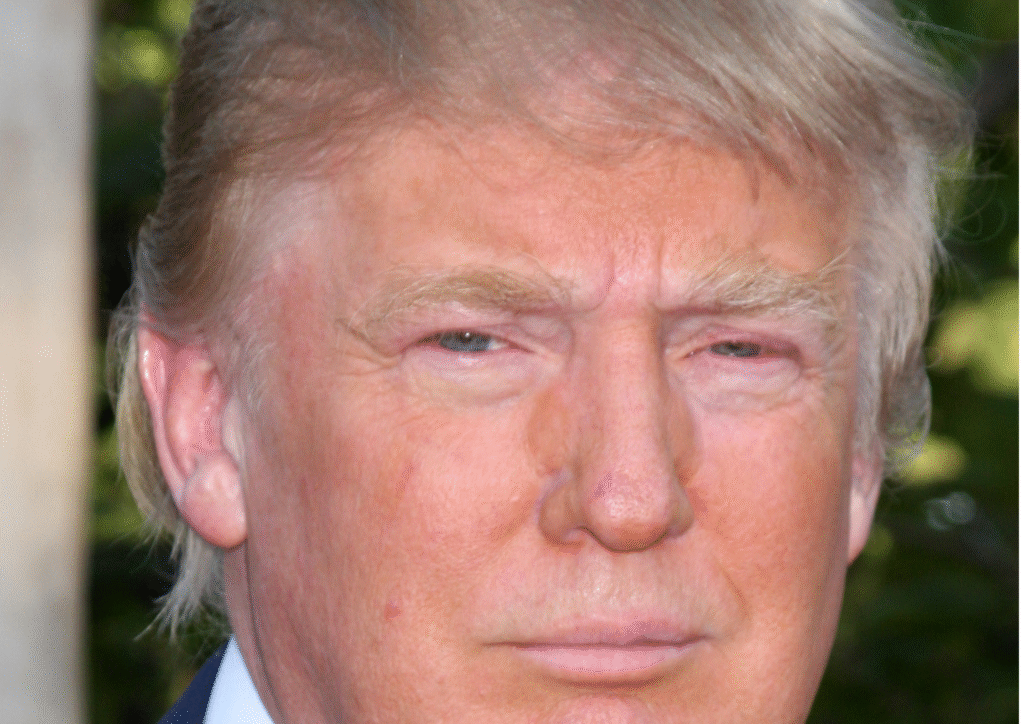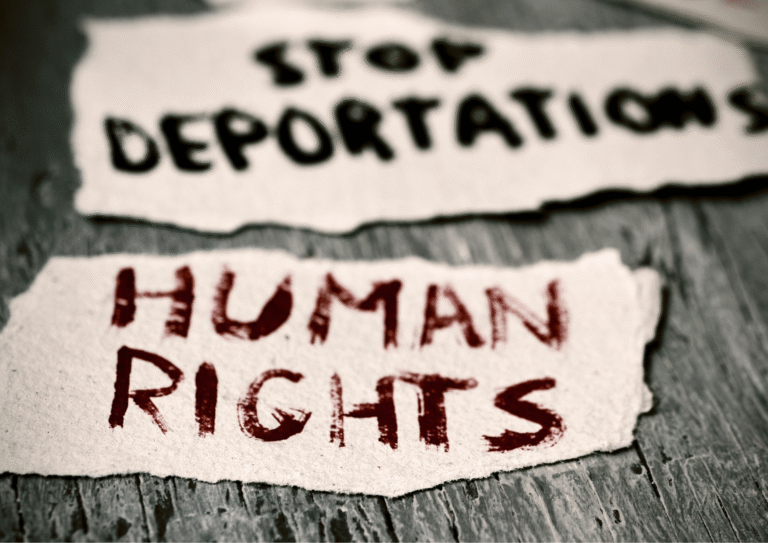
He Said What? A Look Back at the People Trump Said He’d Deport—Starring Rosie O’Donnell
Let’s be real for a second—most of us don’t expect politicians to stick to every word they say. It’s politics, right? But when the word “deportation” gets tossed around like a football at a tailgate party, things hit different. Especially when it’s not just about laws or border control but about celebrities, critics, and people who dared to disagree.
And no one tossed it quite like Donald J. Trump.
From public figures to everyday folks, Trump made a habit—no, an art form—out of threatening deportation not just as a policy stance but as a personal clapback. One of the most famous (and bizarre) examples? Comedian and actress Rosie O’Donnell. Yup. Let’s unpack that mess and a few others on his “Get Out” list.

Rosie O’Donnell: The Queen of Comebacks… and Alleged Deportation Threats?
Let’s start with Rosie because, honestly, it’s where this story goes from political to downright personal.
Back in the early 2000s, before Trump was ever a serious political figure, Rosie and Donald were already beefing. She called him a “snake-oil salesman” and questioned his moral compass. Trump, never one to let a diss slide, fired back with insults about her looks, intelligence, and career. The usual Trumpian firestorm. But then in 2015, while campaigning, he went a step further.
At a rally, amid chants and jeers, someone brought up Rosie’s name. Trump smirked, paused dramatically (you know how he does), and said something along the lines of, “Maybe we should deport Rosie. I’d like that.”
Now, was it a joke? Probably. Did it make headlines? Absolutely. But here’s the thing-it wasn’t just about Rosie. It was about who got targeted when they dared to speak out. If you laughed, you missed the point.
“Go Back Where You Came From”: The Not-So-Subtle Pattern
Rosie’s story, as ridiculous as it sounds, is part of a bigger trend. Trump didn’t just throw the deportation card at undocumented immigrants. Nope. He flung it at U.S. citizens, politicians, athletes, and even journalists. Anyone who rubbed him the wrong way.
Let’s run through a few:
- Ilhan Omar, Alexandria Ocasio-Cortez, Rashida Tlaib, and Ayanna Pressley – Also known as “The Squad.” In 2019, Trump tweeted that they should “go back” to the “totally broken and crime infested places from which they came.” Never mind that three of the four were born in the U.S. That tweet sparked outrage, but also revealed something deeper. For Trump, disagreement wasn’t just political. It was grounds for exile.
- Colin Kaepernick – While Trump never outright said “deport him,” he often suggested that people who protest during the national anthemlike Kaepernick-should find another country. The implication was clear. Dissent equals disloyalty equals get out.
- Journalists – CNN’s Jim Acosta got his press pass revoked for asking too many questions. While not a deportation threat per se, the underlying vibe was familiar: you challenge the narrative, you lose your place at the table.
Deportation as a Punchline (But Not a Funny One)
Here’s where it gets tricky. Trump often blurred the line between sarcasm and seriousness. Supporters called it “just jokes.” Critics called it dangerous rhetoric.
But think about it. When the most powerful man in the country says you don’t belong here, because of your views, your background, or your identity, it sends a chill. Especially if you do happen to be an immigrant or person of color.
Words matter. Jokes land differently when they come from the podium of the presidency.
Is This Normal? (Spoiler: It’s Really Not)
Let’s pause for a sec and ask the obvious question, has any other president ever threatened to deport celebrities just for criticizing them?
Not really. Sure, there’ve always been rivalries and insults (Nixon had a full enemies list), but using deportation, an extreme legal measure-like it’s a mic drop moment? That’s new territory.
It’s like firing someone because they didn’t laugh at your joke, except instead of getting canned from a job, you’re being told to leave the country. Permanently.
Why Do We Let This Slide?
Here’s the uncomfortable part. Somewhere along the way, we got used to it. We laughed it off. Said, “That’s just Trump being Trump.” But here’s the danger in that logic: normalization.
When powerful people joke about exile, censorship, or violence-especially toward critics—we risk losing sight of what’s acceptable in a democracy. The line moves. And not in a good direction.
Think about your boss joking that you should be fired for disagreeing. Now imagine your president suggesting you be deported. See the difference?
Okay, But Why Rosie?
Back to Rosie for a second—because she wasn’t just a random target. She symbolized something. A woman. A lesbian. Loud. Funny. Unapologetic. Everything Trump couldn’t control.
By threatening her, even in jest, he wasn’t just poking fun, he was sending a message. That if you’re “different” and vocal, you might just find yourself on the wrong side of his mouth. And when you’re president, your mouth has real power.
The Real People Who Felt It
While Trump joked about Rosie and jabbed at politicians, real lives were being disrupted.
Families were separated at the border. DACA recipients lived in fear. Immigration courts overflowed. ICE raids increased. The rhetoric trickled down and turned into policy.
That’s the thing, words might start as jokes, but in politics, they often end as laws. And someone always pays the price.
So… What Now?
We’re not here to cancel Trump. Or to pretend like he’s the only politician who’s ever said something wild. But when deportation becomes a punchline, and dissent becomes grounds for exile, we need to ask, what kind of country are we becoming?
You don’t have to love Rosie. Or AOC. Or Colin Kaepernick. But if we start deciding who gets to stay based on who stays silent… well, then we’ve all got a problem.
Final Thought: Who’s Next?
One day it’s Rosie. The next, it might be your neighbor. Your co-worker. You.
That’s the weight of this conversation. And that’s why it matters.
So laugh if you want. But also, pay attention. Because behind every “just a joke” is a message. And behind every message is a choice.
Let’s choose better.




